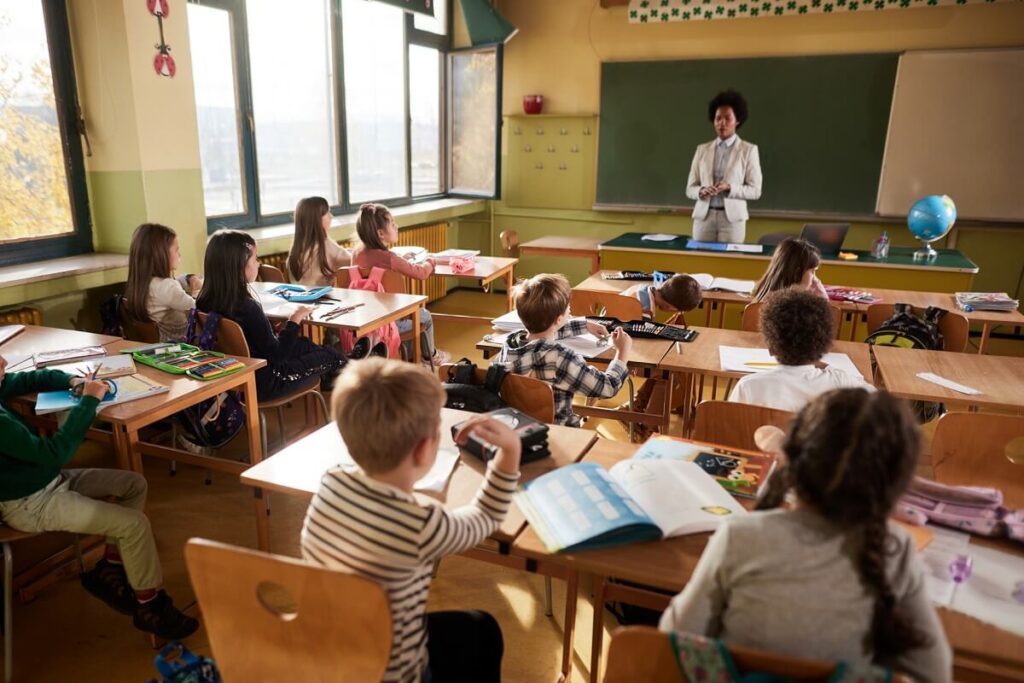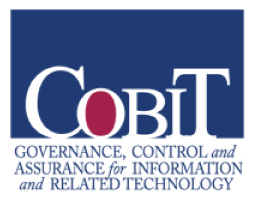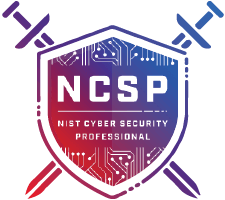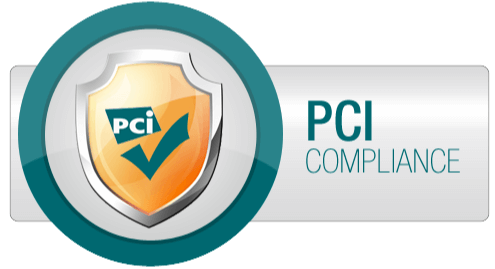Teachers become teachers because they are motivated to help children learn! Every teacher can tell you that they have plenty of opportunity to hone their craft and improve their practice. For some it is learning new content to teach, for others it is developing better classroom management support, for many it is learning the new rapidly developing techniques and technologies.
However, every educator can also tell stories of the useless professional learning sessions they sat through that weren’t related to their scope of practice. Recent research shows that current professional learning practices in schools are time consuming, not budget friendly, and are ineffective. Teachers want to learn and schools are providing professional learning opportunities, the process needs to shift into effectiveness.
Here are 7 Strategies, provided by the Learning Policy Institute, to make professional learning effective and meaningful.
Quality Professional Learning:
-
1. Is content focused:
PD that focuses on teaching strategies associated with specific curriculum content supports teacher learning within teachers’ classroom contexts. This element includes an intentional focus on discipline-specific curriculum development and pedagogies in areas such as mathematics, science, or literacy.
-
2. Incorporates active learning:
Active learning engages teachers directly in designing and trying out teaching strategies, providing them an opportunity to engage in the same style of learning they are designing for their students. Such PD uses authentic artifacts, interactive activities, and other strategies to provide deeply embedded, highly contextualized professional learning. This approach moves away from traditional learning models and environments that are lecture based and have no direct connection to teachers’ classrooms and students.
-
3. Supports collaboration:
High-quality PD creates space for teachers to share ideas and collaborate in their learning, often in job-embedded contexts. By working collaboratively, teachers can create communities that positively change the culture and instruction of their entire grade level, department, school and/or district.
-
4. Uses models of effective practice:
Curricular models and modeling of instruction provide teachers with a clear vision of what best practices look like. Teachers may view models that include lesson plans, unit plans, sample student work, observations of peer teachers, and video or written cases of teaching.
-
5. Provides coaching and expert support:
Coaching and expert support involve the sharing of expertise about content and evidence-based practices, focused directly on teachers’ individual needs.
-
6. Offers feedback and reflection:
High-quality professional learning frequently provides built-in time for teachers to think about, receive input on, and make changes to their practice by facilitating reflection and soliciting feedback. Feedback and reflection both help teachers to thoughtfully move toward the expert visions of practice.
-
7. Is of sustained duration:
Effective PD provides teachers with adequate time to learn, practice, implement, and reflect upon new strategies that facilitate changes in their practice
Do a little self-check and ask yourself: Does your professional learning incorporate all of these practices? What could you do to move the needle on your professional learning?



